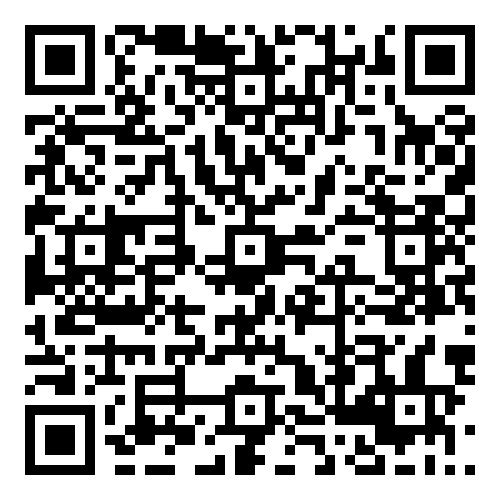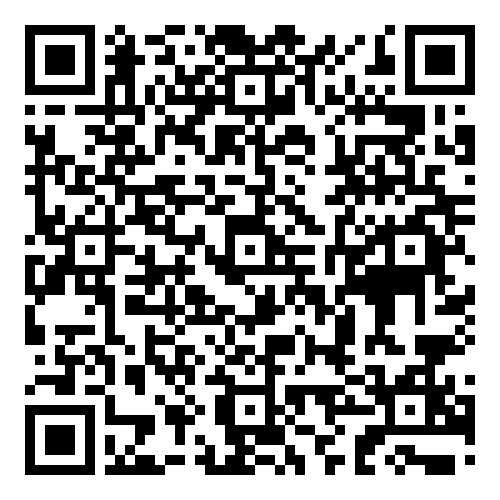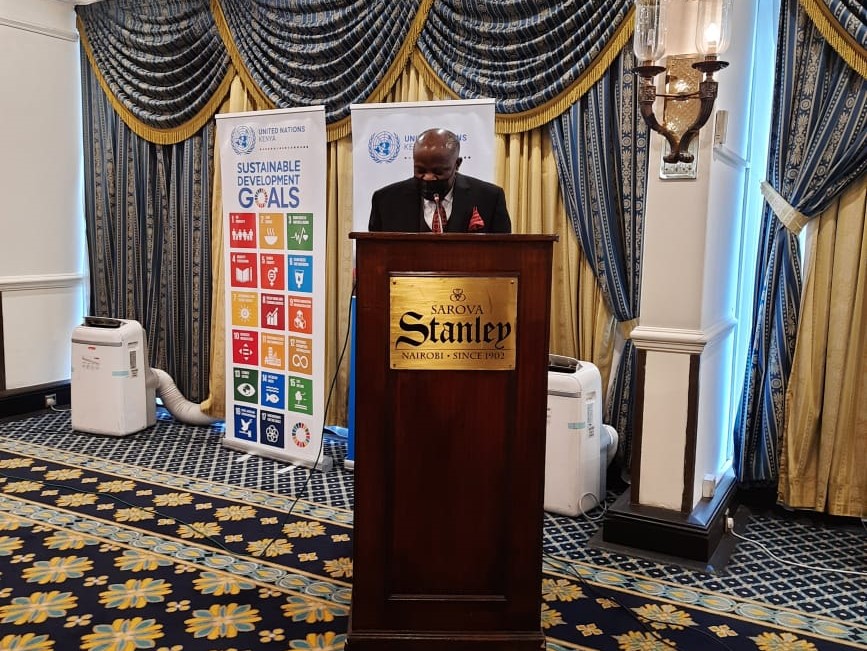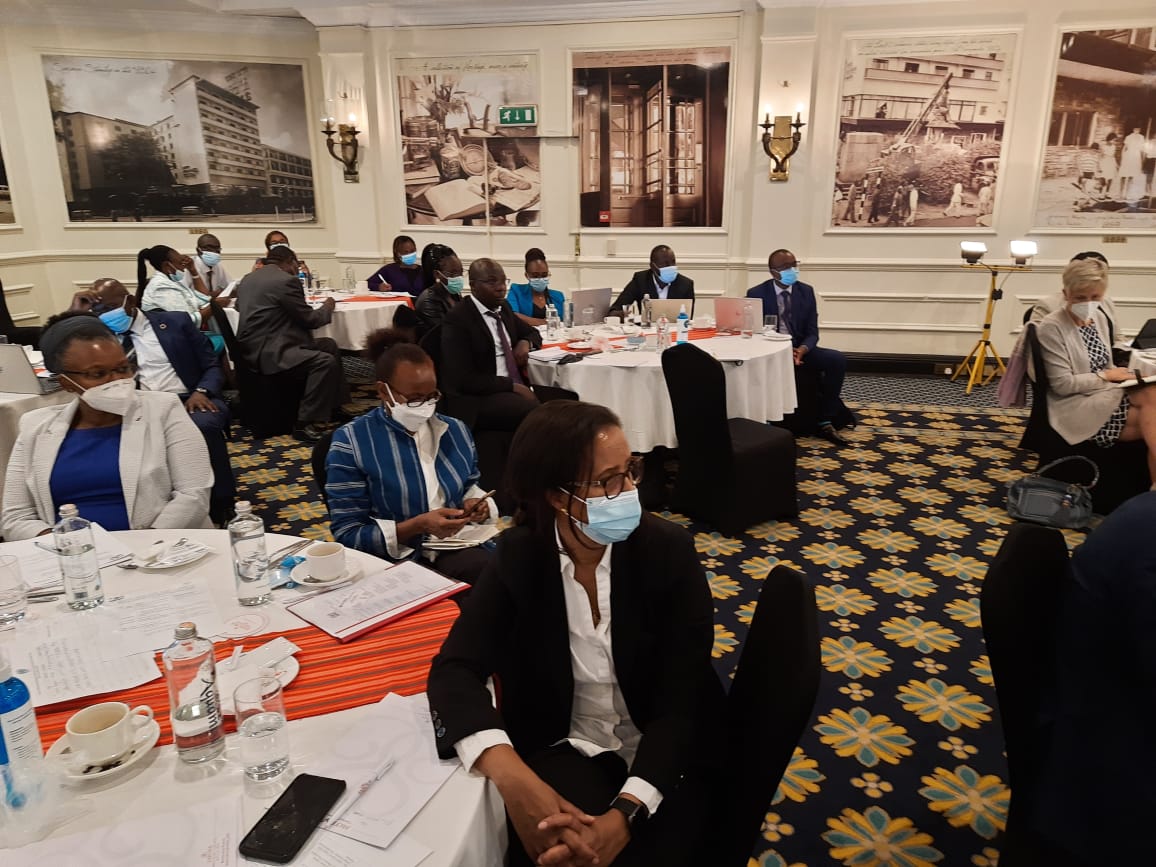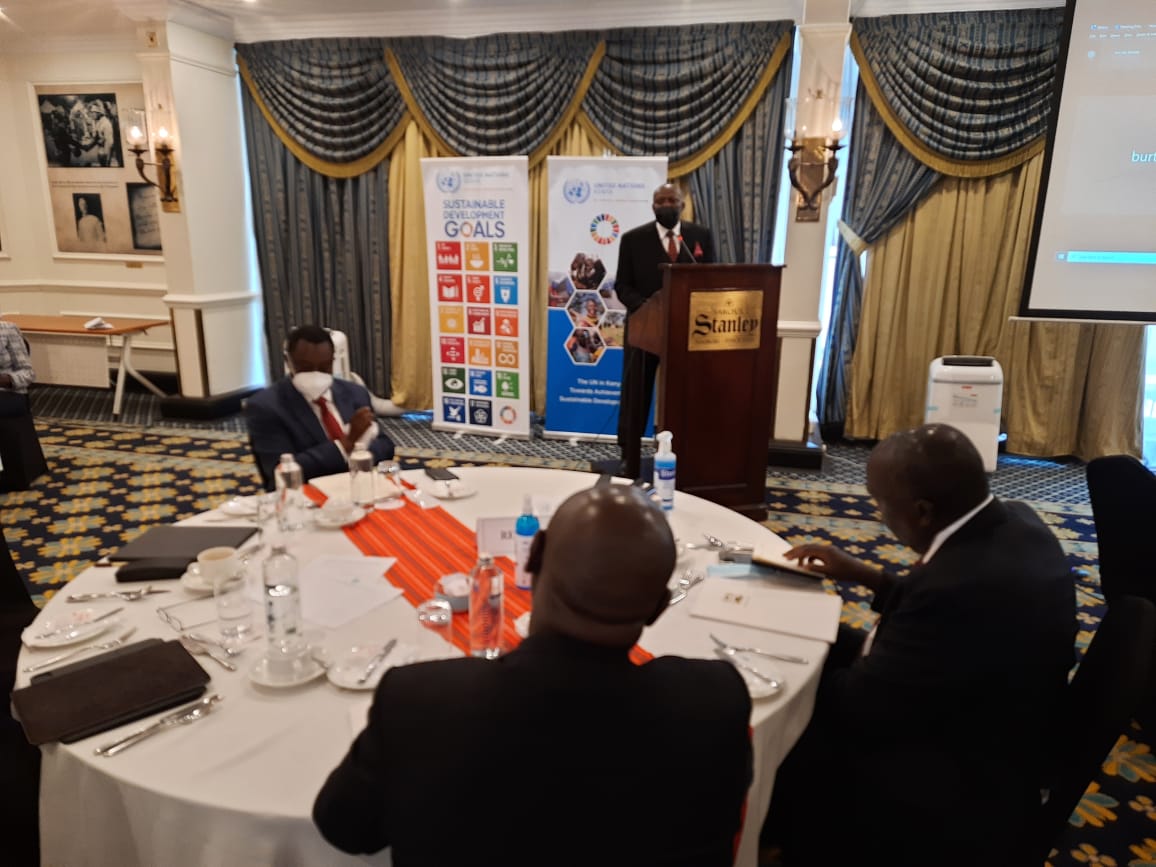Validation Meeting of the Next UN Cooperation Framework (2023-2027)
THE CHIEF ADMINISTRATIVE SECRETARY, THE NATIONAL TREASURY AND PLANNING, ERIC SIMIYU WAFUKHO, REPRESENTS CS AMB. UKUR YATTANI AS CHIEF GUEST AT KENYA – UN MEETING ON UN DEVELOPMENT ASSISTANCE FRAMEWORK EVALUATION
The Chief Administrative Secretary, The National Treasury and Planning, Eric Simiyu Wafukho
represented CS Amb. Ukur Yattani today as Chief Guest at Sarova Stanley Hotel during a Validation
Meeting of the Next UN Cooperation Framework (2023-2027) Draft Results Framework and Presentation of the UNDAF (United Nations Development Assistance Framework) Evaluation Findings .
The meeting at Sarova brought together both in-person on virtual platforms, the UN Resident Coordinator, the UN Country team, the UNDAF United Nations Development Assistance Framework Focal Persons, and senior government officials including Cabinet Secretaries and Principal Secretaries from the Ministry of Devolution and Ministry of National Treasury and Planning.
The focus of the meeting was on exploring the areas of cooperation between UN System and Government of Kenya and it comes shortly after the previous meeting held in October that validated the United Nations Common Country Assessment report and whose findings are being used to inform the development of the next Cooperation Framework as the current United Nations Development Assistance Framework (UNDAF) 2018-2022 comes to an end.
Hon. Wafukho was also hopeful that the lessons learnt would also help develop a better Cooperation Framework which is aligned to the Fourth Medium Term Plan(MTP 4), 2023-2027 and whose Concept Note as promised by CS Yattani , would be rolled out presently to be subjected to public participation.
The on-going Targeted Review of the Third Medium Term Plan (MTP 3) by the Africa Peer Review Mechanism (APRM) panel of Eminent Persons will further provide useful feedback on progress made by President Uhuru Kenyatta’s administration in the implementation of the Big Four Agenda and valuable lessons on how the Fourth Medium Term Plan can be shaped to ensure it contributes to reducing poverty, growing the economy, creating jobs and Leaving No One Behind.

